Stress Feelings
- Worry
- Tense
- Tired
- Frightened
- Depressed
- Anxious
- Anger
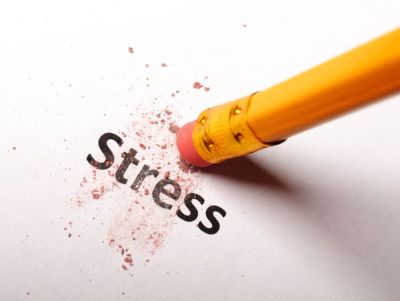
Stress is the reaction people have to excessive pressures or other types of demand placed upon them. It arises when they worry that they can’t cope.
Stress is the “wear and tear” our minds and bodies experience as we attempt to cope with our continually changing environment.
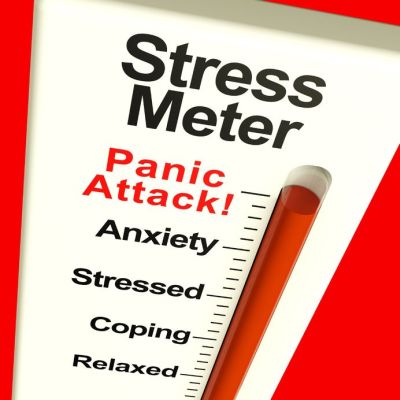

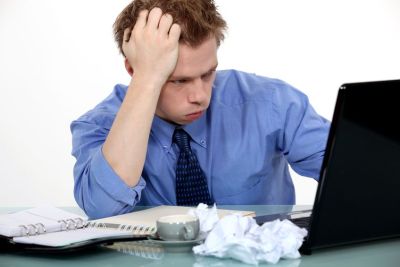
Physical Environment
Noise
Bright Lights
Heat
Confined Spaces
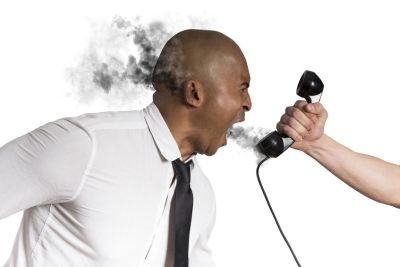
Social Interaction
Rudeness
Bossiness
Aggressiveness by others
Bullying

Organizational
Rules
Regulations
“Red - Tape”
Deadlines
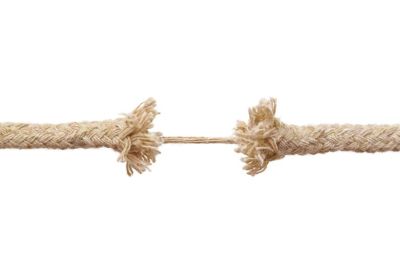
Major Life Events
Birth
Death
Lost job
Promotion
Marital status change
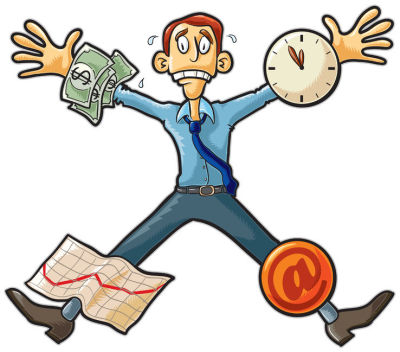
Daily Hassles
Commuting
Misplaced keys
Mechanical breakdowns
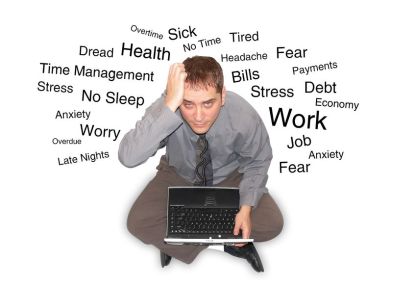
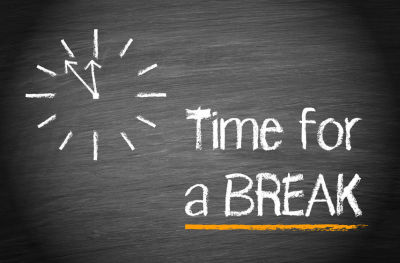
Lifestyle choices
Caffeine
Lack of sleep
Overloaded schedule

Negative Self Talk
Pessimistic thinking
Self criticism
Over analysing
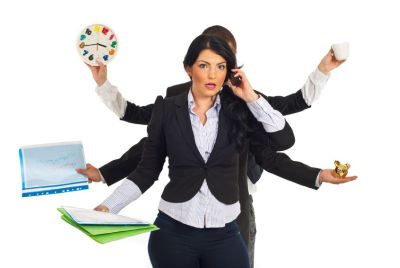
Mind Traps
Unrealistic expectations
Taking things personally
All or nothing thinking
Exaggeration
Rigid thinking
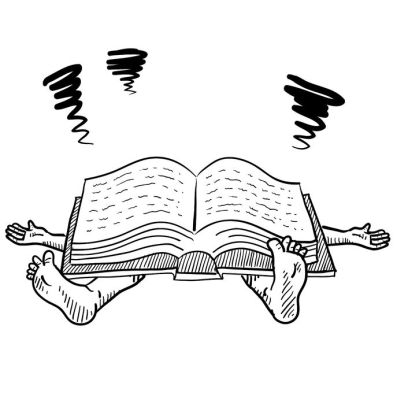
Personality traits
Perfectionists
Workaholics
It is a contributory factor in minor conditions, such as headaches, digestive problems, skin complaints, insomnia and ulcers.
Excessive, prolonged and unrelieved stress can have a harmful effect on mental, physical and spiritual health.
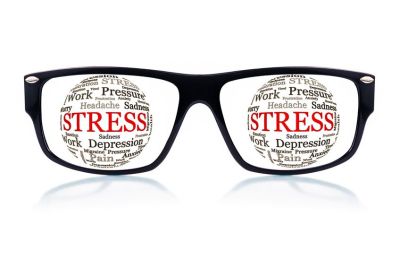
Stress can also have a positive effect, spurring motivation and awareness, providing the stimulation to cope with challenging situations.
Stress also provides the sense of urgency and alertness needed for survival when confronting threatening situations.
Everyone is different, with unique perceptions of, and reactions to, events. There is no single level of stress that is optimal for all people. Some are more sensitive owing to experiences in childhood, the influence of teachers, parents and religion etc. Most of the stress we experience is self-generated. How we perceive life - whether an event makes us feel threatened or stimulated, encouraged or discouraged, happy or sad - depends to a large extent on how we perceive ourselves. Self-generated stress is something of a paradox, because so many people think of external causes when they are upset. Recognising that we create most of our own upsets is an important first step towards coping with them.
This is the “ Fight or Flight” response that prepares the body for immediate action.
In chronic stress situations, sufferers enter the exhaustion phase: emotional, physical and mental resources suffer heavily, the body experiences ‘ adrenal exhaustion’ leading to decreased stress tolerance, progressive mental and physical exhaustion, illness and collapse.
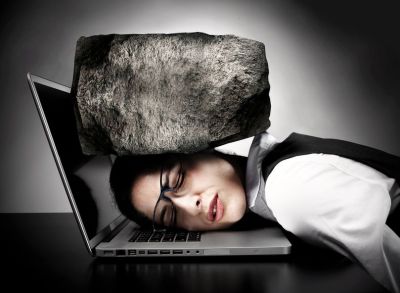
Sleep pattern changes
Fatigue
Digestion changes
Loss of sexual drive
Headaches
Aches and pains
Infections
Indigestion
Dizziness
Fainting
Sweating & trembling
Tingling hands & feet
Breathlessness
Palpitations
Missed heartbeats
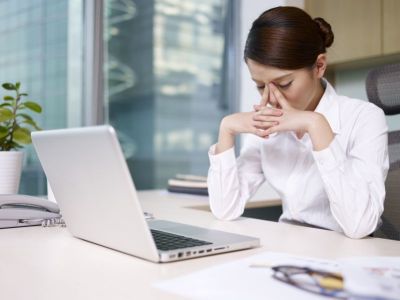
Lack of concentration
Memory lapses
Difficulty in making decisions
Confusion
Disorientation
Panic attacks

Bouts of depression
Impatience
Fits of rage
Tearfulness
Deterioration of personal hygiene and appearance
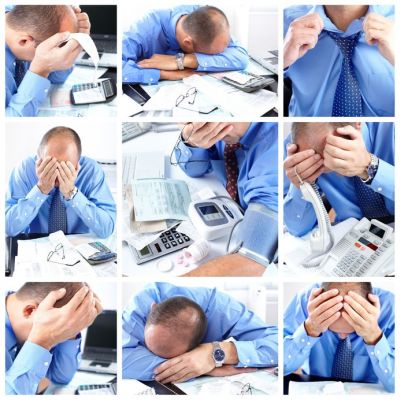
Appetite changes - too much or too little
Eating disorders - anorexia, bulimia
Increased intake of alcohol & other drugs
Increased smoking
Restlessness
Fidgeting
Nail biting
Hypochondria
Stress is not the same as ill-health, but has been related to such illnesses as:
Cardiovascular disease
Immune system disease
Asthma
Diabetes
Digestive disorders
Ulcers
Skin complaints - psoriasis
Headaches and migraines
Pre-menstrual syndrome
Depression

Workplace stress has caused between $125 and $190 billion a year of added expenditures in health care. The biggest factor is high demands at work, which result in about $48 billion in spending (Forbes 2015).

Work provides an income and fulfils a variety of other needs: mental and physical exercise, social contact, a feeling of self-worth and competence.
Drive for Success
Western society is driven by ‘work’, personal adequacy equates with professional success, we crave status and abhor failure. Our culture demands monetary success / professional status.

Changing Work Patterns
Many people feel lucky to have a job. Unemployment, redundancy, shorter working weeks, new technology affect emotional and physical security. No more jobs for life, more short - term contracts. Financial and emotional burnout is increasing among all levels.

Working Conditions
Physical and mental health is adversely affected by unpleasant working conditions, such as high noise levels, lighting, temperature and unsocial or excessive hours.
Overwork
Stress may occur through an inability to cope with the technical or intellectual demands of a particular task.
Circumstances such as long hours, unrealistic deadlines and frequent interruptions will compound this.

Underwork
This may arise from boredom because there is not enough to do, or because a job is dull and repetitive.

Uncertainty
About the individuals work role - objectives, responsibilities, and expectations, and a lack of communication and feedback can result in confusion, helplessness, and stress.
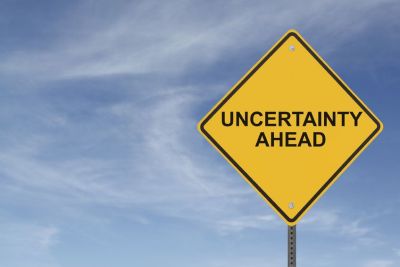
Conflict
Stress can arise from work the individual does not want to do or that conflicts with their personal, social and family values.

Responsibility
The greater the level of responsibility the greater the potential level of stress.
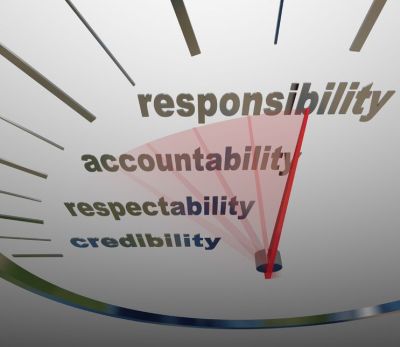
Relationships at Work
Good relationships with colleagues are crucial. Open discussion is essential to encourage positive relationships.

Changes at Work
Changes that alter psychological, physiological and behavioural routines such as promotion, retirement and redundancy are particularly stressful.
Not all the stress we experience is generated at work!!
Major Life Events
Death of a loved one
Divorce / separation
Imprisonment
Injury/illness ( self / family )
Marriage/ engagement
Loss of job
Retirement
Pregnancy
Sexual Problems
Change in financial status
Change of job / work
Mortgage or loan
Foreclosure of mortgage/loan
Change in responsibilities
Moving house
Holidays
Christmas
Minor violations of the law
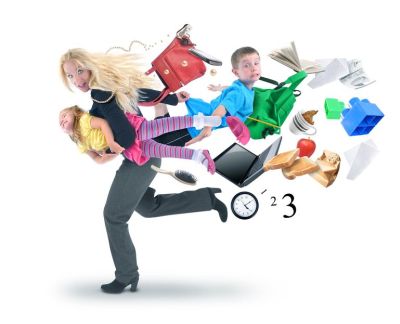
Organizational
Company take over
Reductions / layoffs
Major reorganization
Company sale / relocation
Employee benefit cuts
Mandatory overtime required
Little input into decisions
Mistake consequences severe
Workloads vary
Fast paced work
React to changes
Advancement difficult
Red tape delays jobs
Insufficient resources
Pay below going rate
Technology changes
Employee benefits poor
Workplace conditions
Consistent poor performance
The most important point is to recognize the source of the negative stress. This is not an admission of weakness or inability to cope! It is a way to identify the problem and plan measures to overcome it.
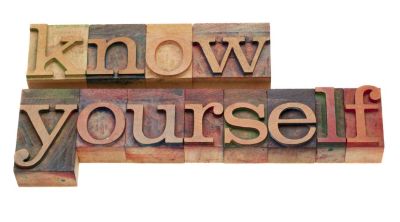
What causes you stress? How do you react?
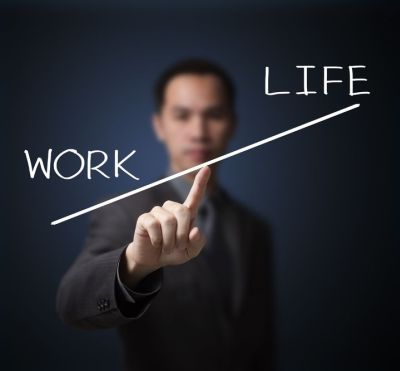
There is a fine line between positive/negative stress. How much can you cope with before it becomes negative?
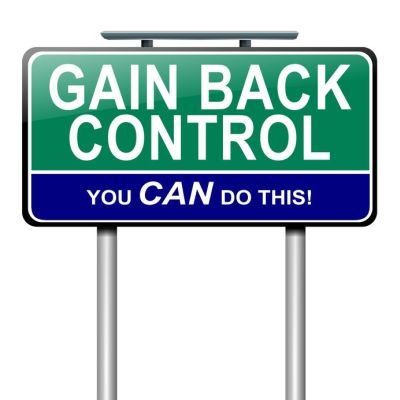
What can you do to help yourself combat the negative effects of stress?
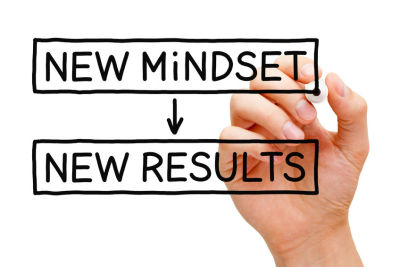
Re-framing
Re-framing is a technique to change the way you look at things in order to feel better about them. There are many ways to interpret the same situation so pick the one you like. Re-framing does not change the external reality, but helps you view things in a different light and less stressfully.

Positive Thinking
Forget powerlessness, dejection, despair, failure
Stress leaves us vulnerable to negative suggestion so focus on positives:
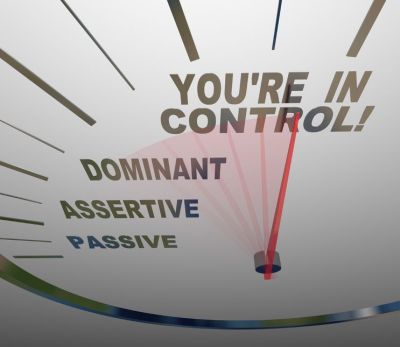
Be Assertive
Assertiveness helps to manage stressful situations, and will , in time, help to reduce their frequency. Lack of assertiveness often shows low self - esteem and low self - confidence. The key to assertiveness is verbal and non - verbal communication. Extending our range of communication skills will improve our assertiveness.
Being assertive involves standing up for your personal rights and expressing your thoughts, feelings and beliefs directly, honestly and spontaneously in ways that don’t infringe the rights of others.
Equality and Basic Rights

Assertive People:
Assertive Skills:

Get Organized
Poor organization is one of the most common causes of stress. Structured approaches offer security against ‘out of the blue’ problems. Prioritizing objectives, duties and activities makes them manageable and achievable. Don’t overload your mind. Organization will help avoid personal and professional chaos.
Benefits
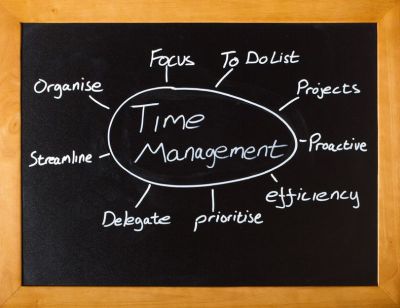
Time Management
Ventilation
‘A problem shared is a problem halved’
Develop a support network through friends or colleagues to talk with. It’s not always events that are stressful but how we perceive them. Writing a diary or notes may help release feelings but do not re-read what has been written.

Humor
Diversion & Distraction

Diet
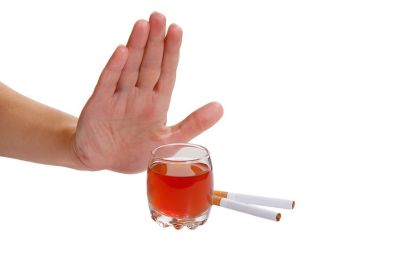
Smoking & Alcohol
Moderate your consumption

Benefits of Exercise
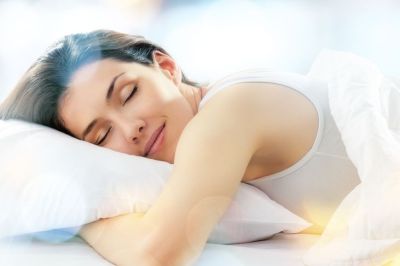
Sleep

Leisure
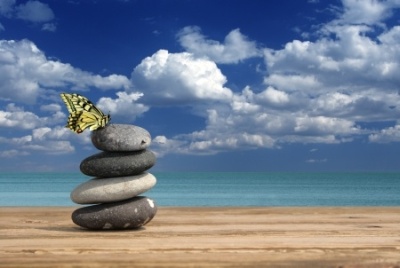

Benefits of Relaxation
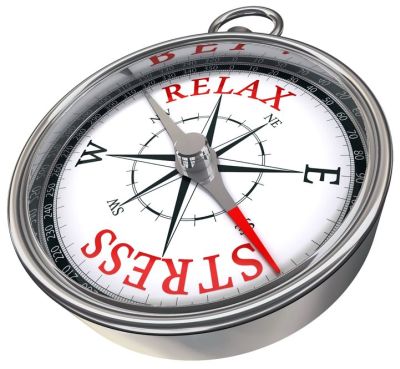
Conventional Medicine
Counselling & Psychotherapy
Relaxation
Meditation
Massage
Yoga
Acupuncture
Aromatherapy
Floatation
Herbalism
Biofeedback
Homeopathy
Hypnotherapy
Osteopathy
Pet Therapy
Reflexology